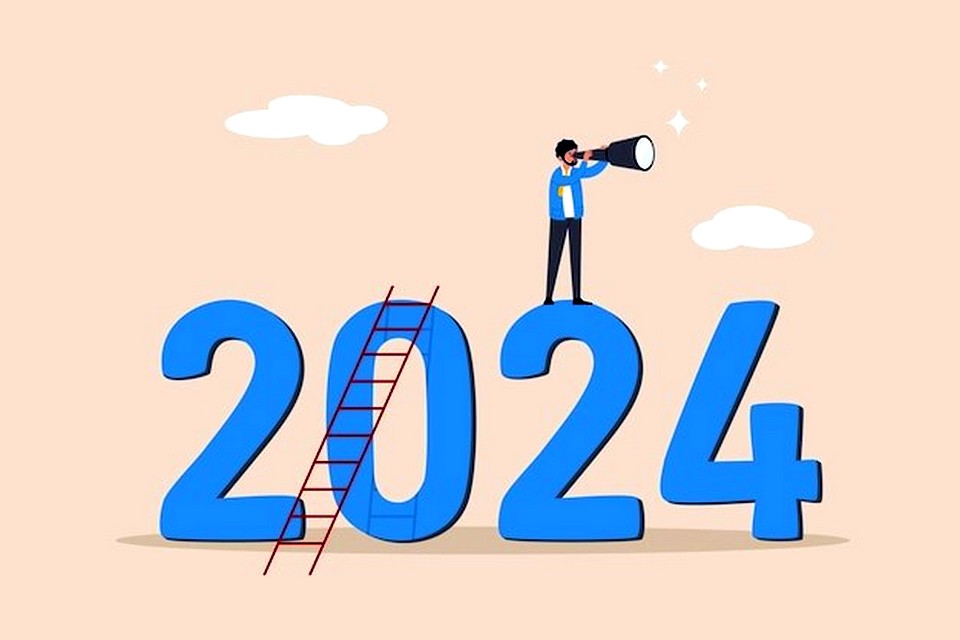Last Updated on March 23, 2024 by Ranking
Lawyers play a significant role in the intertwining worlds of big business and politics as they are not bypassed but rather have a strong presence within them. Now, let’s ponder over what outlook for the world is being predicted at the esteemed annual world forum held in Davos.
Summary The global economy in 2024 is facing difficulties with slow growth and rising geopolitical tensions. According to a survey of chief economists, there is uncertainty about future economic conditions, with 56% of respondents predicting a weaker global economy. However, there are positive developments, such as the easing of inflationary pressures and advancements in artificial intelligence (AI). Despite persistent challenges, there are opportunities for growth and innovation. Global Conditions Continue to Be Subdued Economic growth is slowing down in different regions, with signs of a decline in both manufacturing and service sectors. Tight financial conditions and geopolitical conflicts are affecting consumer and business sentiments. The International Monetary Fund (IMF) predicts a slight decrease in global growth to 2.9% in 2024. Expectations for regional performance vary, with the most robust economic activity expected in South and East Asia. Europe and the US face weaker growth prospects, while Latin America and Sub-Saharan Africa show signs of improvement. Geopolitical Conflicts Intensify Uncertainty Geoeconomic fragmentation is accelerating, with increasing geopolitical tensions impacting economic activity and investment flows. Chief economists agree that recent geopolitical developments will lead to global economic volatility and an increase in localized economic activity and investment. The emergence of geoeconomic blocs and the North-South divide is also expected. Industrial policies are on the rise, leading to the emergence of new economic growth hotspots and industries. However, there are concerns about potential inefficiencies and unfair distortions caused by these policies. Artificial Intelligence Takes Center Stage Generative AI, including large language models (LLMs) and other AI tools, is expected to have a significant impact on productivity and innovation. Chief economists anticipate that high-income economies will experience an increase in output production efficiency, while low-income economies face greater uncertainty. The timeline for AI-enabled productivity gains is expected to be shorter in high-income economies compared to low-income economies. The adoption of generative AI is viewed as an opportunity for groundbreaking innovation, but concerns remain about declining trust and the relocation of economic activity. Navigating the Societal Impact While generative AI offers potential economic benefits, there are societal implications to consider. Accelerated innovation and an increase in living standards are expected outcomes, but concerns remain about a significant decline in trust and the decoupling of productivity from wages. The impact of generative AI on different income groups varies, with high-income economies more likely to benefit. However, there is ongoing debate about the potential risks and challenges associated with AI adoption.
Conclusion In 2024, the global economy faces challenges due to slow growth and increasing geopolitical tensions. Chief economists predict a weaker global economy but also highlight positive developments, especially in the field of artificial intelligence. Geoeconomic fragmentation and the rise of industrial policies are shaping economic activity and investment flows. Generative AI presents opportunities for increased productivity and innovation, but its societal impact raises concerns. Navigating these challenges requires careful consideration and collaboration between policymakers, businesses, and society as a whole.




